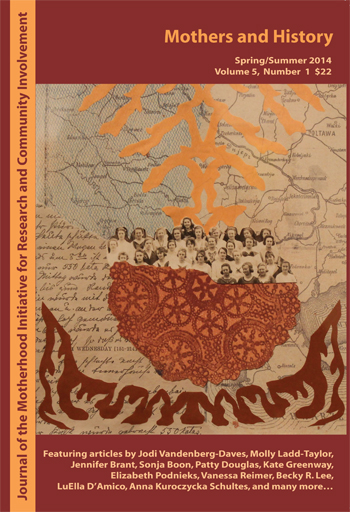On the Margins of Religion/On the Forefront of Culture: The Image of the Matka Polka (Polish Mother) in Contemporary Poland
Abstract
As Jane Bayes and Nayareh Tohidi point out in their introduction to Globalization, Gender, and Religion, one of the main issues that came up at the 1995 UN Fourth World Conference on Women in Beijing was the conflict between women’s rights and gender norms based on myths present in their religions, nations, and cultures. While these myths are constructs of patriarchal society, feminists argue that women often fall victim to “false consciousness” resulting from their hegemonic nature. Moreover, women raised in ethnic communities struggle with an even more difficult task—bridging their personal needs with their desire for community affiliation -religious or cultural. Within the Polish culture, the image of the traditional Polish mother, otherwise known as the Matka Polka, has shaped what it means to be a woman in Poland in terms of her duty toward family and country. Dating back tothe Renaissance and the Holy Mother, who was supposed to watch over Poland and not let it fall in the hands of partitioning nations, the Polish Mother functions on the margins of the intersecting fields of religion, nation, and gender. This paper willattempt to analyze how the Matka Polka is defined in these terms and her impact on Polish women in relation to the roles ascribed to them by their ethnicity and culture.Downloads
Published
How to Cite
Issue
Section
License
All intellectual property in relation to material included on this site belongs to the Motherhood Initiative for Research and Community Involvement (MIRCI). All material on this site is protected by Canadian and international copyright and other intellectual property laws. Users may not do anything which interferes with or breaches those laws or the intellectual property rights in the material. All materials on the Motherhood Initiative for Research and Community Involvement (MIRCI) are copyrighted and all rights are reserved. Any reproduction, modification, publication, transmission, transfer, sale, distribution, display or exploitation of the information, in any form or by any means, or its storage in a retrieval system, whether in whole or in part, without the express written permission of the Motherhood Initiative for Research and Community Involvement (MIRCI) is prohibited. Please contact us for permission to reproduce any of our materials. This site may include third party content which is subject to that third party's terms and conditions of use.


